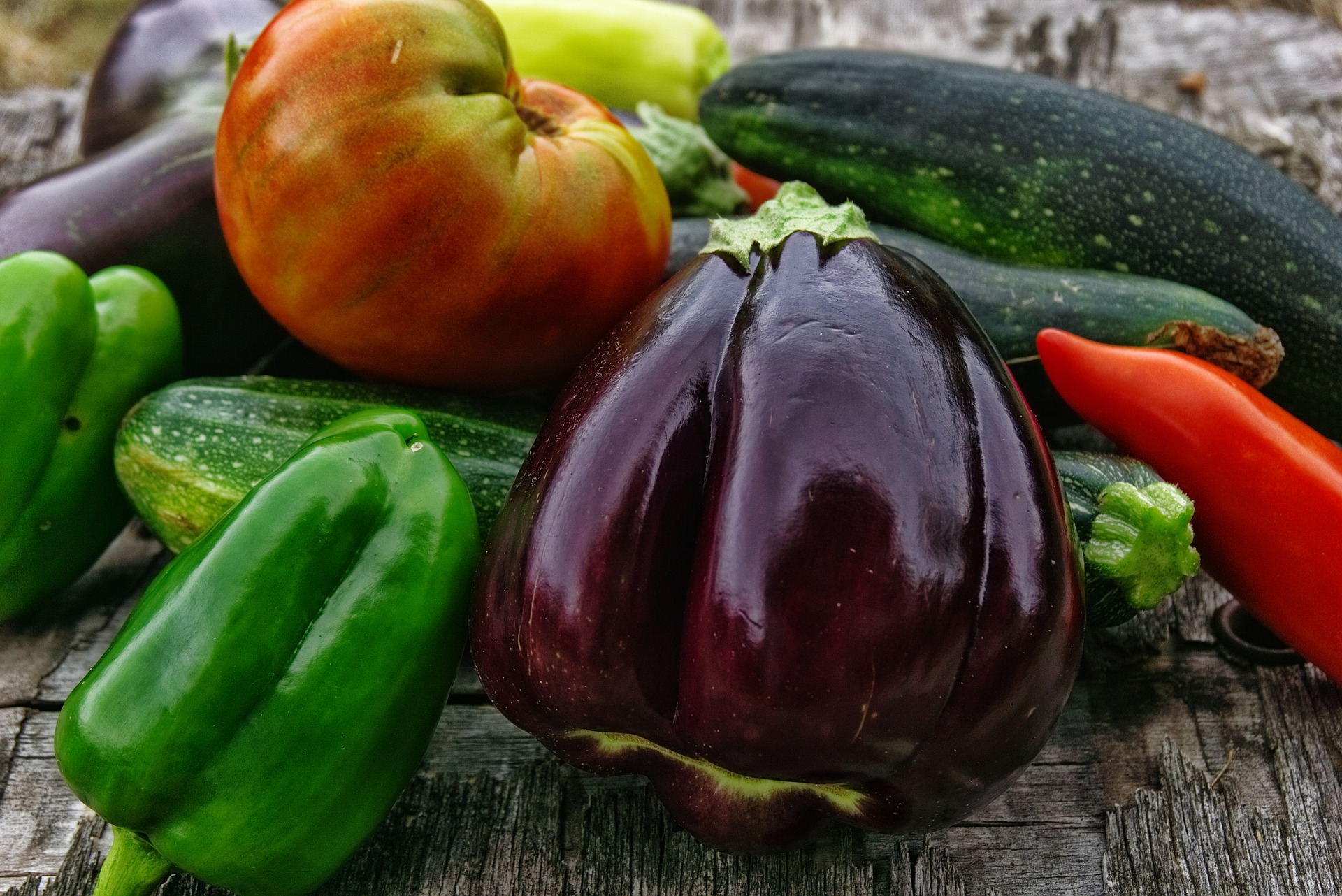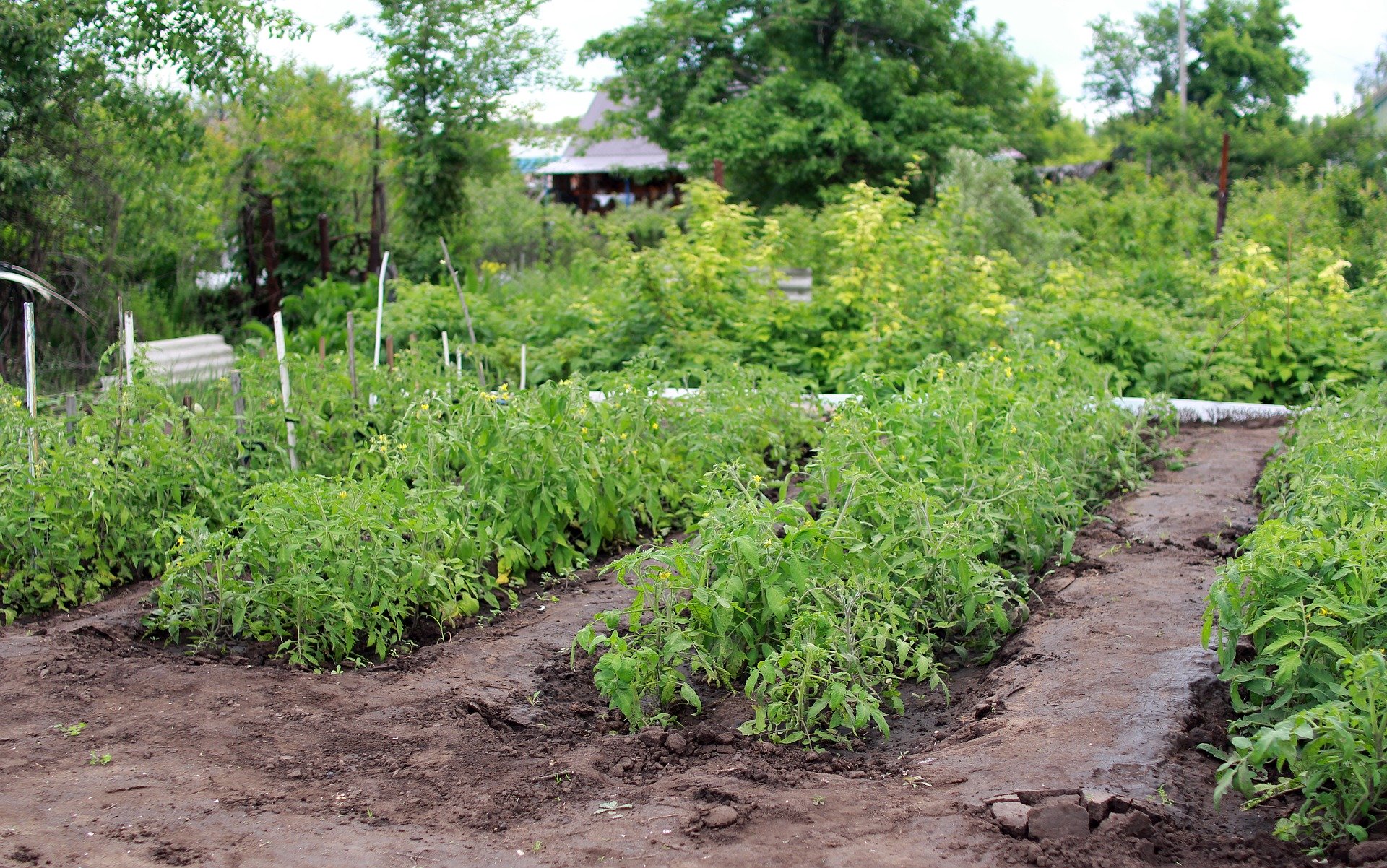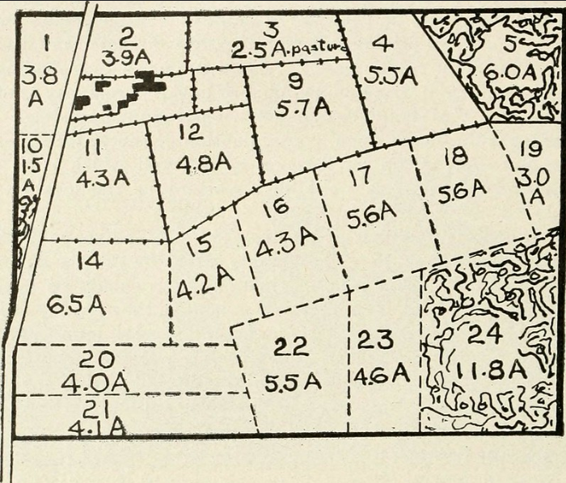While you might feel as though there is little to do in the garden itself around this time of year, overwinter and into January is an ideal time to plan ahead for the coming months when it comes to what you want to grow for your home vegetable garden.
This particularly rings true when it comes to your vegetable crops, and planning your vegetable crop rotations now is certainly time well spent.
Fresh vegetables or simply flowers and trees, as we know, spring is one of the big growing seasons for them and it is coming faster than we expected! So, in order to get the best vegetable garden and for easy growing, your soil needs to prepared the previous week before for its planting: soil structure, soil testing, soil nutrients, soil amendments…all necessary steps in order to fertilize and perfect your garden soil.
But why make the effort? There are a number of reasons why you should be bothered about the rotation and it’s planning, which will offer you an easier way to start your vegetable garden.
Crop Rotation: what are the benefits?
The principle
A Crop rotation principle is to grow specific groups of vegetables on a different part of the vegetable plot each year. It organises groups of crops according to their cultivation needs, such as potatoes or cabbages, but not only this reason. This also helps to reduce a build-up of crop-specific pest and disease problems.
Crop Rotation benefits
By keeping track of where previous plants have been, you can limit the chance of this year’s plants being affected by soil pests or diseases that might have established themselves in the area of the garden where the same vegetables were the year before.
Similarly, moving crops around on an annual basis can help to keep soil fertile by evening out the balance of nutrients and reducing the chance of deficiencies in the earth.
How to rotate your crops
- Divide your growing area into sections of equal size, leaving an extra plot for perennial crops such as asparagus or rhubarb
- Group your crops into the following types of vegetables:
- Legumes – peas, runner beans, broad beans, French beans…
- Alliums – onions, shallots, leeks, garlic
- Potatoes – including other members of the potato family like tomatoes and aubergines
- Roots and General – carrot, celery, beetroot, fennel, parsley, parsnip, beats, radish…
- Brassicas – cabbage, kale, swede, turnips, brussels sprouts, cauliflower, oriental greens, radish…
- Cucurbitaceae: marrows, cucumber, courgettes, squash, pumpkins
Once you’ve split up what you want to grow, the rest is simple
3. Plant what you want from each group in one section – so that area contains vegetables only from that group. What we advise to you to do, is to reuse your own previous vegetables seeds. It will provide you a better vegetable taste and it also provides you with some savings! If you don’t have your own seeds yet, then think to collect them from your new mature vegetables. Clean and dry them, and keep them for the next year!
Next future Crop rotating advices
After planting your vegetable in the referred areas, you should then move where each group has been planted a step forward in the following years, sol the group won’t be in its original section until it has been in every other plot in your garden first.
Keeping track of where you’ve previously planted is essential, so making a plan or a log of what has been where is a good idea to avoid you going wrong.






